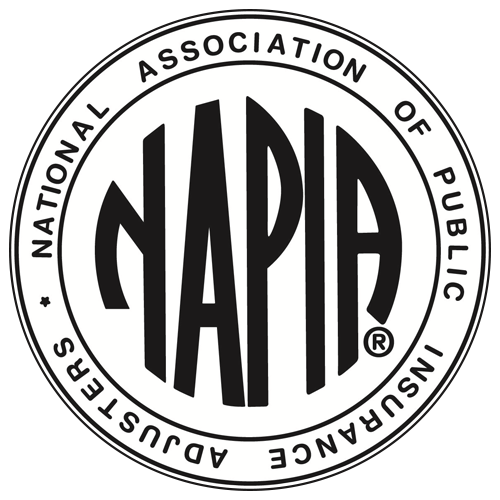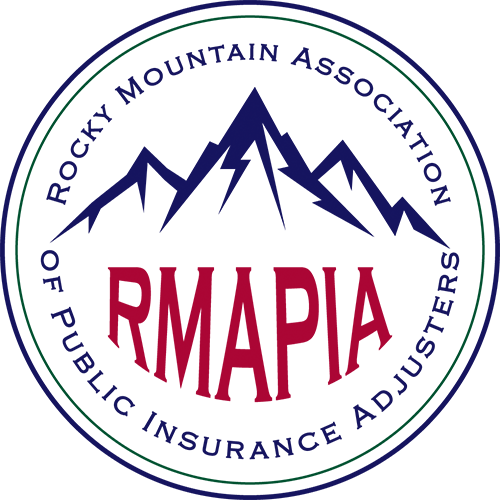
Who pays for your restoration services?
When a person experiences an insured loss, one of the first things that they might notice is a restoration company coming out on behalf of the insurer. Sometimes, however, a homeowner might invite them out.
If the insured is the victim of a fire, they might find that a restoration company might be listening to a scanner to gather information that will help them land a job. Once a restoration company comes to a loss they typically will want to pack out the contents of the home, clean, and store them. These services might be quite expensive. Rarely if never does a restoration company offer an estimate before they begin these services.
One of the biggest misnomers I hear about restoration companies is that “the insurance company pays for their services”. The restoration company can get away with saying this because it does come out of the insured’s coverage from their insurance policy however it is not paid outside of that coverage.
What exactly does that mean? Let’s look at an example.
A client has an insurance policy with $150,000 worth of contents coverage. The client has a fire at their home. The home is badly destroyed but there are some smoke damaged items that might possibly be able to be restored. A restoration company could come and pack out clothes and items that appear that they can be cleaned when in fact, some of the items taken should not and cannot be cleaned.
The restoration will clean these items and stores them until the repair work on the home is complete. The total bill for the restoration company is $15,000 for the packing out of the items, $10,000 for the cleaning of home goods, $10,000 for the textile cleaning, and $5,000 for the pack back (all of these numbers are incredibly realistic and common to what we typically see). The final bill from the restoration company is $40,000. That amount is paid directly to the restoration company FROM the insured’s policy. Therefore, the amount of coverage left for items that need to be “cashed out” is $110,000.
The insured is tasked to prepare a full inventory of the damaged items that could NOT be restored. The total damage is $200,000 and after depreciation the loss is $150,000. The insured DOES NOT get a check for the full amount of damage. Remember, the restoration company gets paid off the top. The insured can only get the remaining $110,000 and the items that were cleaned. Many people find that the cleaned items are never the same after a large fire.
There is a time and a place for restoration companies and many people want to attempt saving some of their items. The question that needs to be asked is how much is it going to cost and would you rather pay a company that or be paid that directly? Restoration services are expensive and an insured has a right to know what THEIR insurance policy is going to pay for those services. No person would ever purchase a car without knowing how much it will cost. That is the same way that you should treat restoration services as the cost is usually pretty close to the purchase of a car. You, as an insured, have a right to obtain an estimate of services before you agree having your items packed out, cleaned, and stored. Once you have the estimate you can choose to hire a restoration company to do the work or you can ask to be paid directly for the services they would supply based upon the estimate. At that point you can choose how you want to have the work completed.
Following this method is especially handy if you have low policy limits or you have a claim that is close to those policy limits. The biggest thing to remember when you have an insurance claim is that you have rights. It is your contract with the insurance company. A contract of insurance is a two-way street where both parties have rights and obligations. Every decision you make will impact your total claim. Do not feel pressured to go with a restoration company immediately. If it were me, I would secure my home and belongings, get an estimate, and then make an educated decision. Remember, if a someone tells you that, “the insurance company will pay for it” what they actually mean is YOUR insurance policy will pay for it.
Tags: Insurance Cover, Insurance Coverage



